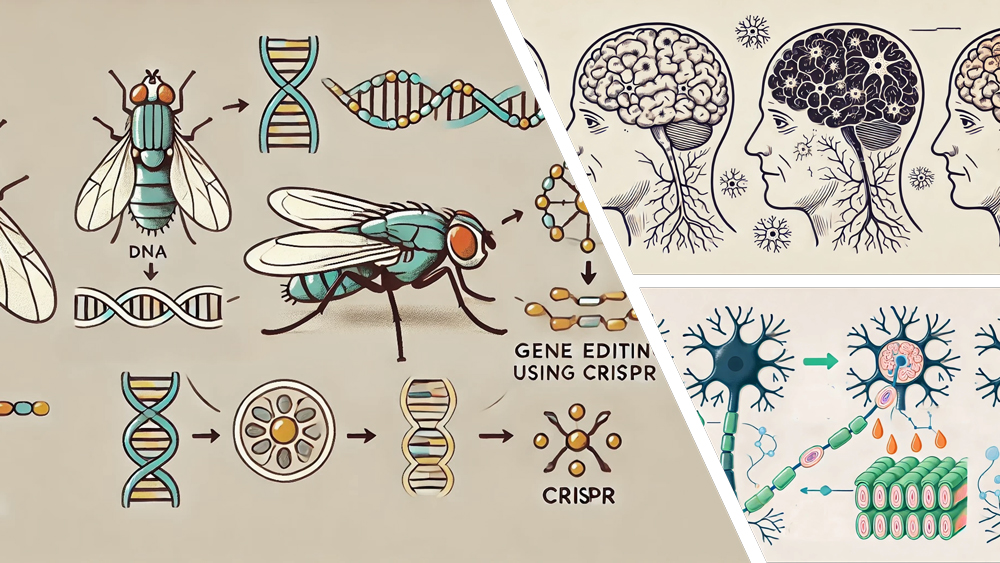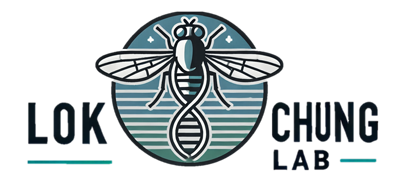
Welcome to The Lok Chung Laboratory
We explore the role of lipids in non-neuronal cells and their contribution to neurodegeneration, with a focus on neuroinflammation. Our research focuses on the importance of preserving sphingolipids balance within the nervous system, a key element in preventing neurodegeneration and synaptic dysfunction. By focusing on these aspects, we aim to advance our understanding of how lipid dynamics affect neurodegeneration, in hopes of developing new therapeutic strategies that could change the way neurodegenerative diseases are treated
